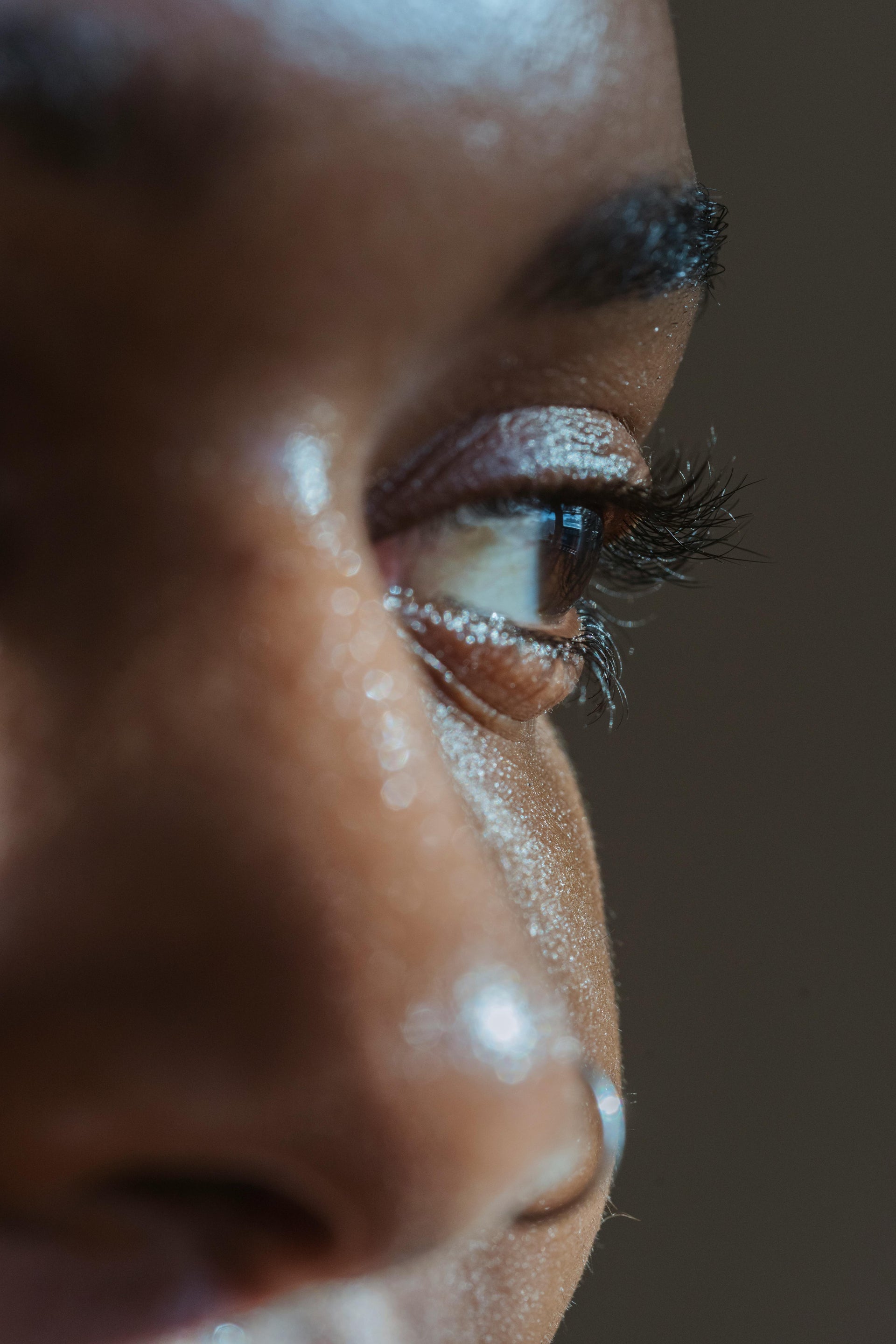Oily skin occurs when glands in the skin make too much sebum, which is the waxy substance that seals in moisture.
The oil in your skin is vital for keeping it healthy, but too much sebum can lead to clogged pores and acne.
The symptoms of oily skin can include:
- a shiny appearance
- very large or obvious pores
- clogged pores and blackheads
- occasional or persistent pimples
According to American Academy of Dermatology Association, these are some dos and don'ts for controlling oily skin:
- DO wash your face every morning, evening, and after exercise;
- DO choose skincare products that are labelled “oil free” and “noncomedogenic”;
- DO use a gentle, foaming face wash;
- DON’T use oil-based or alcohol-based cleansers;
- DO apply moisturiser daily;
- DO wear sunscreen outdoors;
- DO choose oil-free, water-based makeup;
- DON’T sleep in your makeup;
- DON’T touch your face throughout the day.
It’s also possible that the makeup consistency changes once applied on an oily skin, so we recommend using products that are designed for your specific skin type.
There are many factors that contribute to an oily skin. For some it’s simply due to genetics, while for others it can be due to hormonal fluctuations, certain medications or medical conditions, and, of course, due to diet.
Having an oily skin doesn’t necessarily mean that there’s something wrong with you. There are also benefits to it.
For example, oil helps preserve the skin, and people with this skin type usually tend to have thicker skin and fewer wrinkles.
It’s a question of striking a balance between having too much oil and maintaining your skin’s natural moisture.




